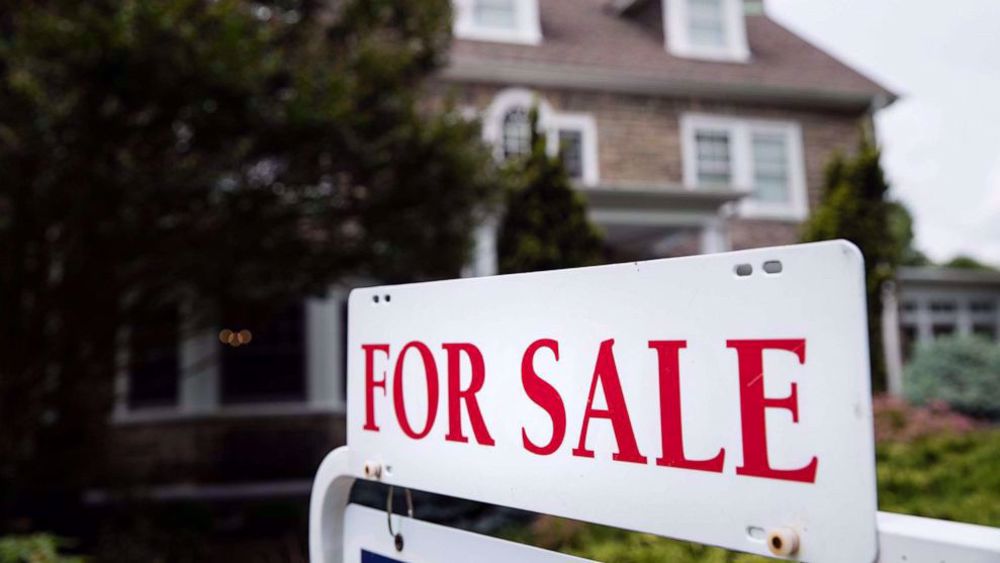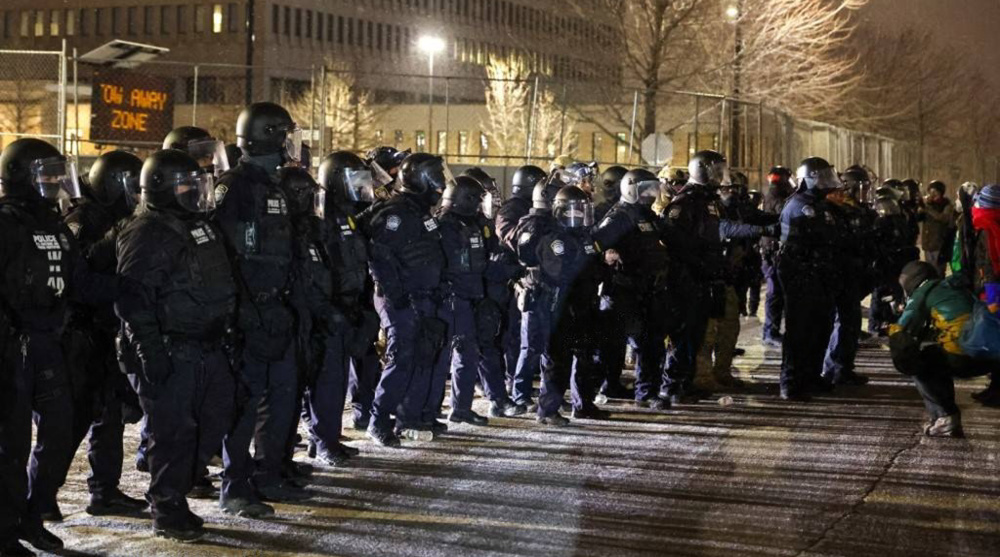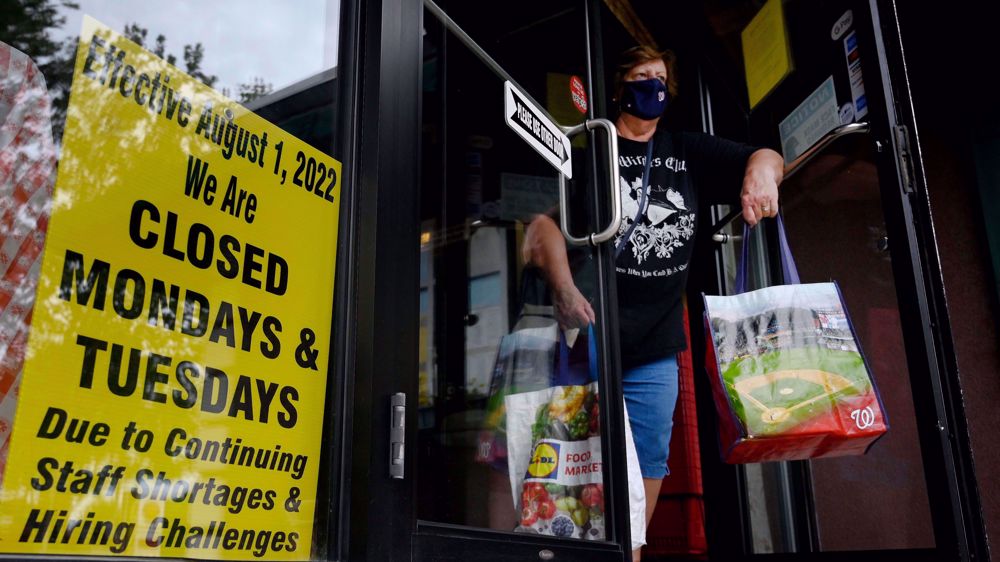US high interest rates affect Black Americans more amid racial wealth gap
The US administration’s efforts to control inflation are disproportionately affecting Black Americans, who have long been suffering a racial wealth gap in the country.
In an effort to stanch inflation, the Federal Reserve has hiked interest rates. The actions, however, are hitting Black Americans, who have historically been squeezed out of home ownership and affordable loans — the hardest.
“African Americans have the lowest homeownership rates among the four major racial groups in the country,” Romie Tribble, professor of economics at Spelman College and secretary of the National Economic Association, told The Hill.
The Fed slashed its baseline interest rate range to near-zero levels in the wake of 2007-08 financial crisis to help keep money flowing through the economy.
The central bank held rates near zero until 2015 and only hiked them gradually in the years that followed.
Interest rate hikes are meant to slow consumer and business spending by making debt more expensive, including mortgages.
Mortgage rates rise as the Fed hikes its baseline interest rate higher, making monthly home payments more expensive for anyone seeking a new home or those who purchased one with an adjustable interest rate loan.
Just 45.3 percent of Black households owned their homes during the second quarter of 2022, according to the Census Bureau, compared to 74.6 percent of white households, 61.1 percent of Asian households and 48.3 percent of Hispanic households.
“It’s now going to be more difficult for them to acquire and to also keep a home,” Tribble said.
Combined with the short supply of housing around the country, Tribble said, these concerns all exacerbate housing inequities.
For many Black homeowners, interest rates are often higher than their white counterparts regardless of income, according to a 2021 Harvard University study.
Black families "suffer the most" when inflation is spiking in the US, said a recent press release from the University of California San Diego about new research on the racial disparities tied to rising costs.
Black households "experienced slightly higher and significantly more volatile inflation in consumer goods" when compared with the impacts white households experienced, according to a study published last month by the Federal Reserve Bank of Richmond in Virginia.
A majority of that inflation volatility is attributable to how Black households "are disproportionately more likely to consume goods with volatile prices," researchers wrote.
The study is the first to share findings about how the impacts of inflation differ by race, the university's news release said.
It's assessment released comes as the US struggles with its biggest inflation surge in more than 40 years.
Banking experts have warned there could be even higher inflation on the horizon.
Thousands protest Trump’s immigration policies on second term anniversary
Ex-NATO chief slams Trump’s Greenland threats, calls on EU to hit back
US ‘must be held accountable’ for supporting terrorism in Iran: Araghchi
VIDEO | Pro-Palestine protest in Madrid challenges UK repression
Canada PM: World order in ‘midst of a rupture’ from US hegemony
VIDEO | Iron walls: One year of Israel’s largest military operation in Palestine in years
Italian farmers protest EU-Mercosur free trade deal
VIDEO | Russian FM holds annual press briefing, highlighting ‘equality-based’ diplomacy














 This makes it easy to access the Press TV website
This makes it easy to access the Press TV website